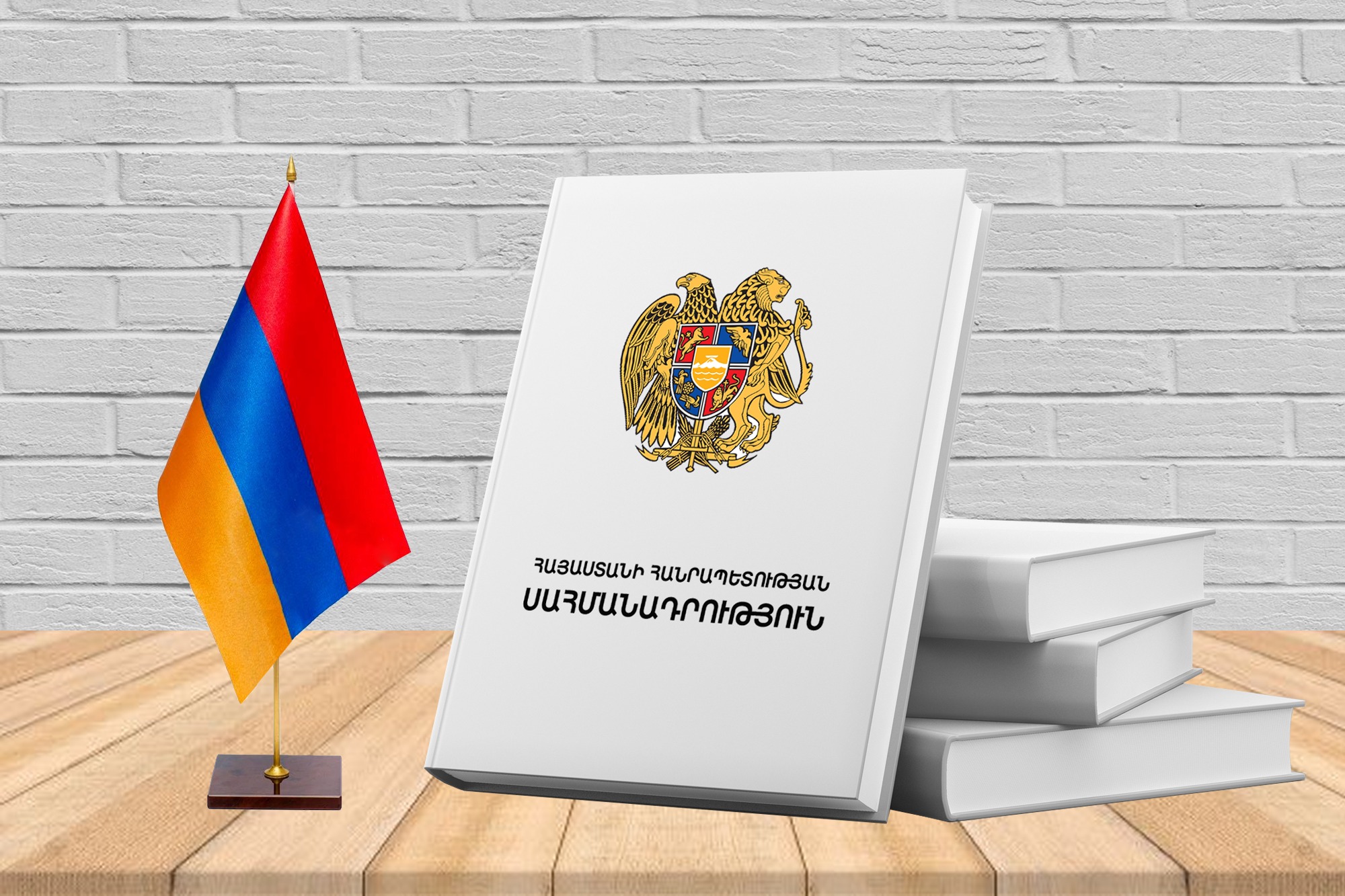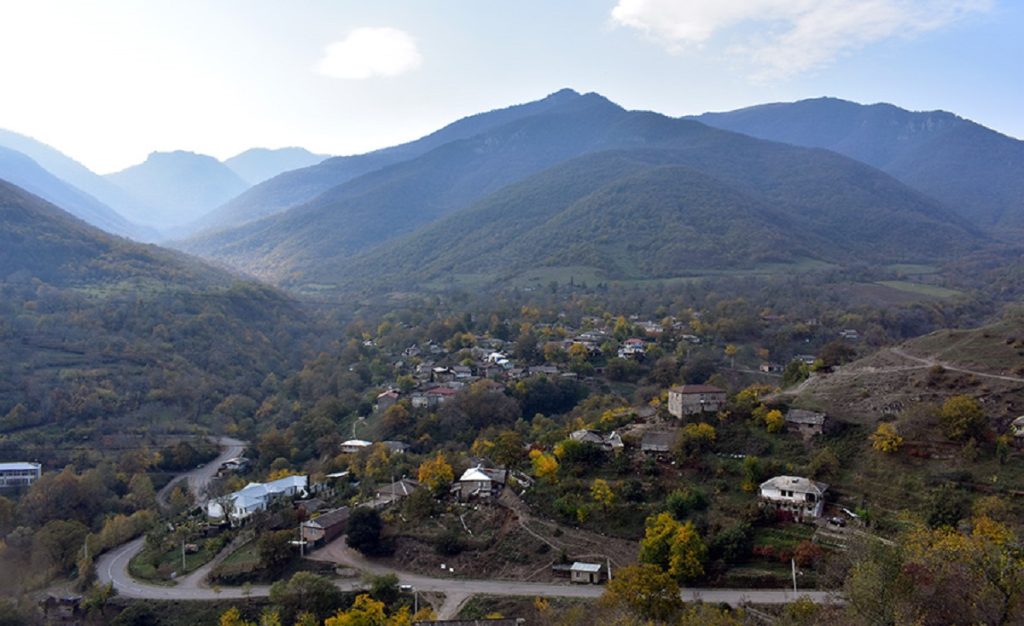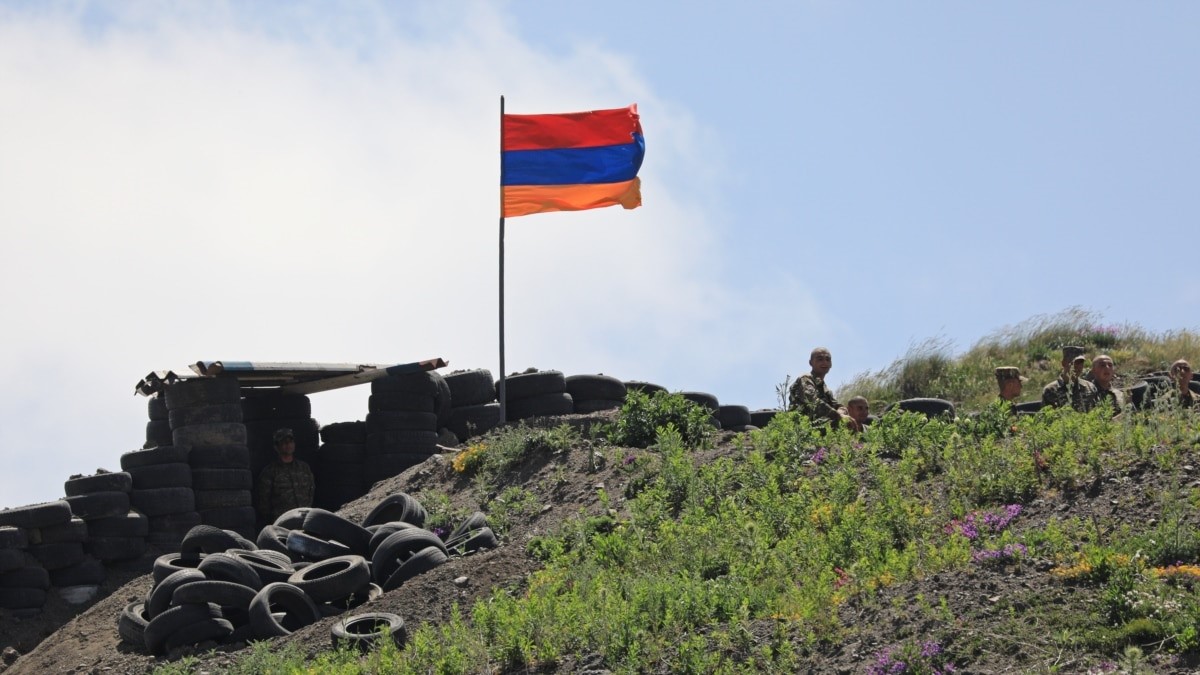Yerevan proposes joint investigation of ceasefire violations, no response from Baku
Border incidents investigation: Armenia’s proposal
Armenia has proposed to Azerbaijan the creation of a joint mechanism to investigate ceasefire violations. Baku has yet to respond to Yerevan’s proposal, Security Council Secretary Armen Grigoryan told journalists. He explained what this mechanism might entail:
“This could be an investigative or another type of body that would investigate cases of ceasefire violations and reach a final conclusion. This way, we and the international community will have reliable data, and we will know whether such incidents have occurred or not.”
Political analyst Tigran Grigoryan believes that Yerevan’s proposal is directed more towards the international community than Baku. He suggests that Azerbaijan is unlikely to agree to this proposal, which is evident to the Armenian authorities.
The article includes further details on the proposal for a joint investigation of border incidents, along with commentary from a political analyst.
- Pashinyan: ‘External forces want to provoke war in Armenia for the sake of a change of government’
- “Aliyev questions the existence of the Armenian state” – German political scientist
- “Armenia has retreated from its own principles in negotiations with Baku.” Opinion
The Armenian government is against tensions on the borders
The Ministry of Defense of Azerbaijan on June 21 and 22 again spread statements that Armenian Armed Forces units allegedly shelled Azerbaijani positions in the eastern direction of the border. Yerevan denied these reports.
The office of the prime minister of Armenia issued the following statement:
“Lately, the Ministry of Defense of the Republic of Azerbaijan has been regularly spreading information about violations of the ceasefire regime by units of the Ministry of Defense of the Republic of Armenia. Despite the fact that the Ministry of Defense of Armenia has refuted all these accusations, Azerbaijan continues to spread such information.
Considering that the government of the Republic of Armenia is not inclined to allow tensions to escalate, the office of the prime minister of Armenia through diplomatic channels proposed to the administration of the president of Azerbaijan to establish a bilateral mechanism for investigating cases of ceasefire violations.”
The statement does not provide details about this mechanism or which agency will coordinate this work. It only states that the prime minister’s office proposed to Baku to “begin the practical implementation of the specified mechanism.”
Armenia’s proposal to create a joint mechanism for investigating border incidents was welcomed by the EU Special Representative for the South Caucasus and the Crisis in Georgia, Toivo Klaar.
“The proposal of Armenia establish a bilateral mechanism to address alleged ceasefire violations on the Armenian-Azerbaijani border to reduce tensions is to be welcomed,” the European diplomat wrote on his microblog on social network X.
Klaar also suggested sharing the experience of the European Union, which has been helping to organize such meetings in Georgia for 15 years through its monitoring mission.
“Armenia is convinced that such incidents did not occur and is ready to conduct an investigation as well”
Secretary of the Security Council Armen Grigoryan addressed statements from the Azerbaijani Ministry of Defense during a briefing:
“It is clear that the Armenian side took no steps to escalate the situation, and there were no shelling incidents. We are concerned about the spread of such false information. However, to resolve the issue, we publicly offered Azerbaijan to establish a joint investigation mechanism between our ministries.”
Grigoryan informed journalists that Yerevan has not yet received a response from Baku. When asked whether this mechanism would contradict the mission of EU civilian observers patrolling the Armenian border, Grigoryan responded:
“There is no conflict, as EU observers do not have the authority to conduct investigations. They monitor the situation and issue public statements, reports, or inform about the situation in other ways.”
Political analyst Tigran Grigoryan
“In recent days, the Ministry of Defense of Azerbaijan has been issuing statements accusing the Armenian side of violating the ceasefire regime. Pro-government media in Azerbaijan have also been quite active and even directly threatened Armenia. The trigger for this, of course, was Armenia’s announcement of acquiring the French Caesar artillery systems.
Azerbaijani media explicitly state that Baku will not tolerate any imbalance of power in the region and have again mentioned ‘revanchism’ regarding Armenia. Yerevan’s proposal to create a mechanism for investigating incidents is aimed more at the international community than at Azerbaijan. It is clear that Azerbaijan is not inclined to take such a step. We remember similar proposals in the past regarding reciprocal troop withdrawal and arms control, and in all those cases, it was evident that Baku would not agree to such solutions.
The Armenian authorities apparently understand that the problem lies not in the absence of a mechanism but in Azerbaijan’s continued use of escalation threats to pressure Armenia. They are making additional efforts to demonstrate that the Armenian side is committed to maintaining peace.
I think the emphasis here is on the bilateral format. We see that since September last year, all processes have been conducted in a bilateral format. Even in the event of new problems arising, both sides are recommended to jointly attempt to find solutions.
During the active period of European and American mediation, Armenia’s approach was based on the understanding that due to the imbalance of power and mutual distrust between the parties, the presence of mediators was crucial. Now, Armenian authorities not only accepted Azerbaijan’s demand for this but also seem to think that this is a more effective format.
There is a process ongoing; the parties are actively discussing various issues and trying to find solutions. And yes, to some extent, this serves as a guarantee that there will be no serious escalation. I don’t think Azerbaijan will engage in major escalation, at least not until COP-29″.





















